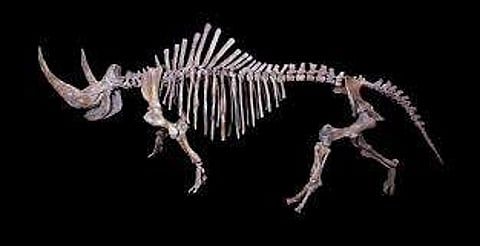

Laziness may be a fruitful evolutionary strategy for the survival of individuals and species, a large-scale study of fossils from the last five million years from the Atlantic Ocean has found.
The researchers analysed metabolic rates — or the amount of energy the organisms need to live their daily lives — of about 299 mollusk species and found higher metabolic rates were a reliable predictor of extinction likelihood.
"We wondered, 'Could you look at the probability of extinction of a species based on energy uptake by an organism?'" said Luke Strotz, a postdoctoral researcher at the University of Kansas in the US.
"We found a difference for mollusk species that have gone extinct over the past 5 million years and ones that are still around today. Those that have gone extinct tend to have higher metabolic rates than those that are still living," Strotz said.
"Those that have lower energy maintenance requirements seem more likely to survive than those organisms with higher metabolic rates," he said.
"Maybe in the long term the best evolutionary strategy for animals is to be lassitudinous and sluggish - the lower the metabolic rate, the more likely the species you belong to will survive," said Bruce Lieberman, from the University of Kansas.
"Instead of 'survival of the fittest,' maybe a better metaphor for the history of life is 'survival of the laziest' or at least 'survival of the sluggish'," said Lieberman.
The study, published in the Proceedings of the Royal Society B, could have important implications for forecasting which species may be likely to vanish in the near term in the face of impending climate change.
"In a sense, we're looking at a potential predictor of extinction probability," Strotz said.
"At the species level, metabolic rate isn't the be-all, end-all of extinction — there are a lot of factors at play. But these results say that the metabolic rate of an organism is a component of extinction likelihood," he said.
"With a higher metabolic rate, a species is more likely to go extinct. So, it's another tool in the toolbox. This will increase our understanding of the mechanisms that drive extinction and help us to better determine the likelihood of a species going extinct," he added.
The team also found that cumulative metabolic rates for communities of species remained stable, even as individual species appear and disappear within the community.
Strotz said he used mollusks to study the phenomenon of metabolism's contribution to extinction rates because of ample available data about living and extinct species.
According to the research team, a follow-up to this line of inquiry will be to establish the extent to which metabolic rate has an influence on the extinction rates of other kinds of animals.
